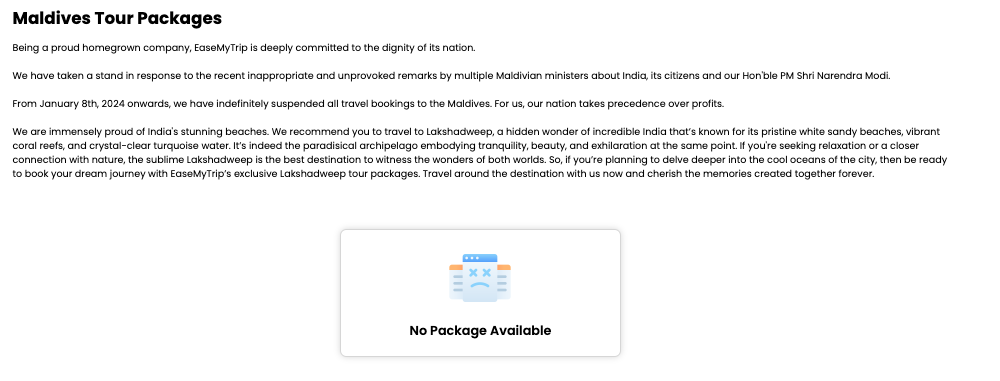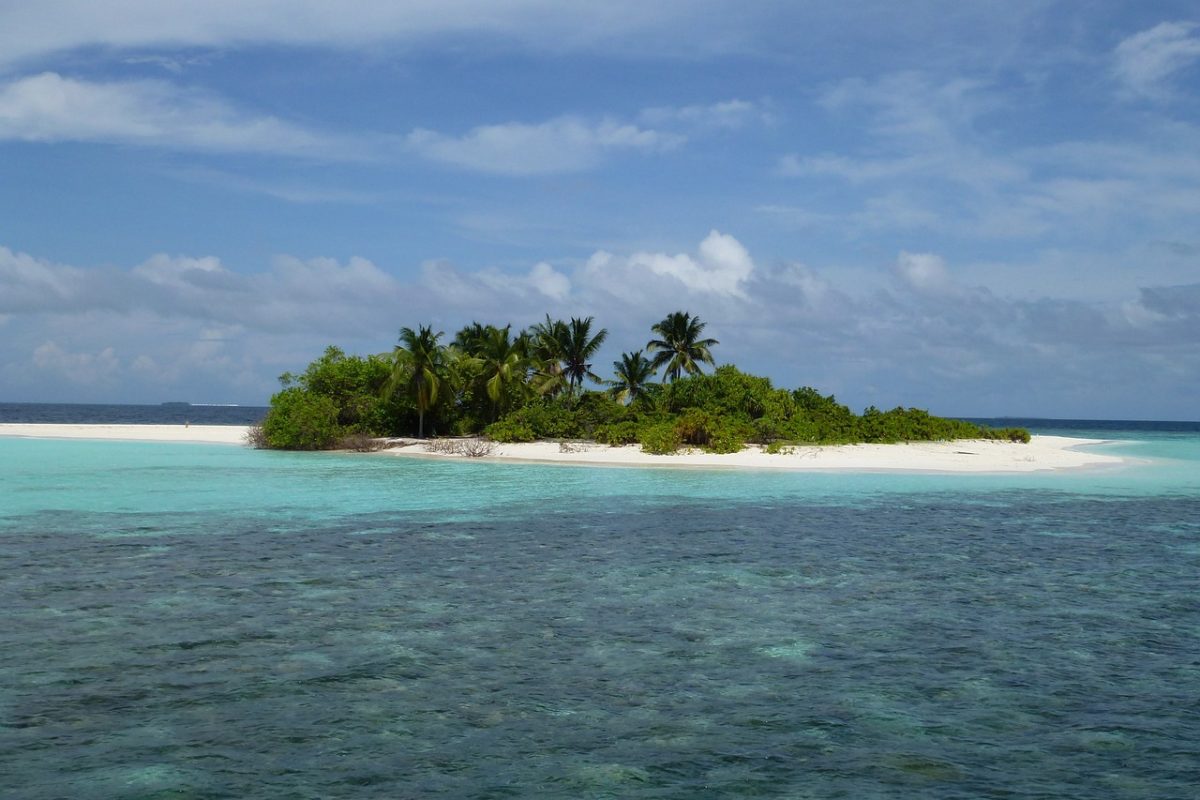The latest controversy between India and the Maldives primarily revolves around a series of events that have strained the diplomatic relations between the two nations. The controversy was ignited by negative remarks made by three deputy ministers in the Ministry of Youth Affairs in the Maldives about Indian Prime Minister Narendra Modi. These remarks were made in response to Modi’s visit to Lakshadweep and were perceived as a challenge to the Maldivian tourism industry, which is renowned for its beachside amenities.
The Indian government raised this issue with the Maldives, resulting in the suspension of the three ministers by the Maldivian government.
Continue reading “Rising Tides of Controversy: Navigating the India-Maldives Spat”
